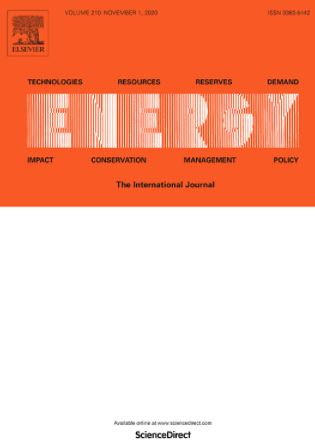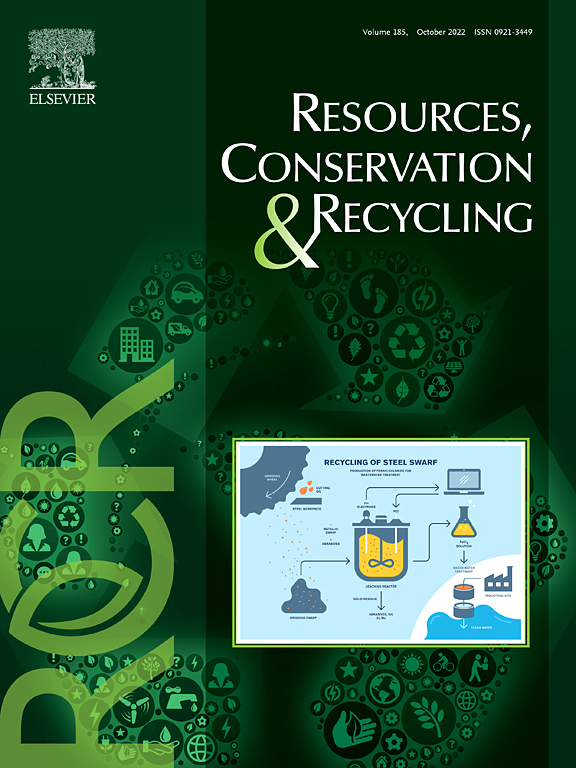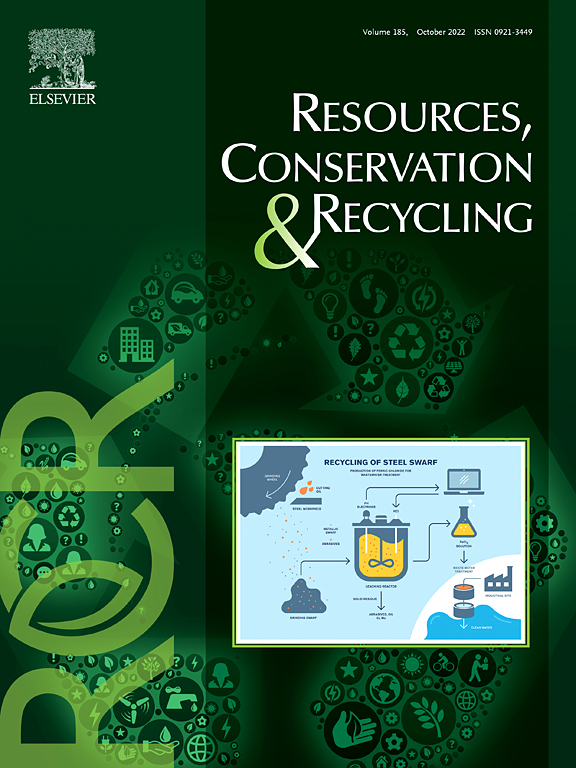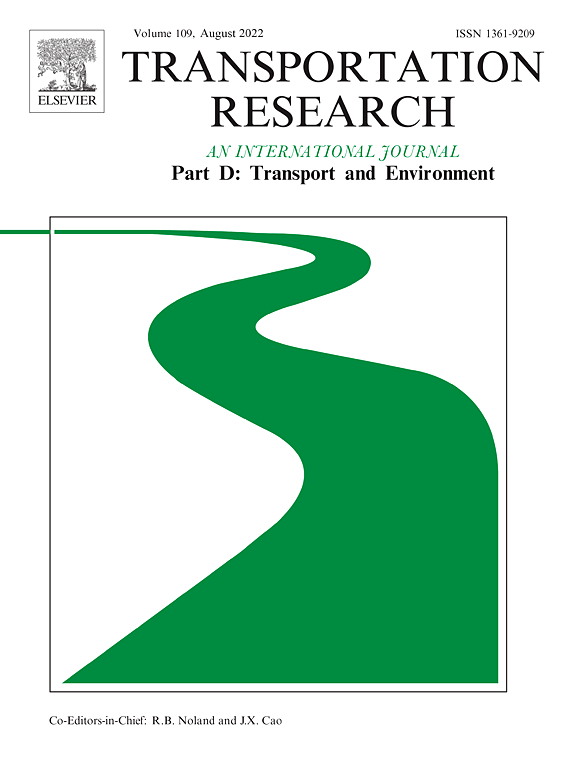Research Papers/Articles
A Systematic Review on Sustainability Assessment of Electric Vehicles: Knowledge Gaps and Future Perspectives
2022
Author(s): Onat NC, Kucukvar M.
Electric mobility is emerging worldwide to minimize environmental impacts, reduce dependency on petroleum, and diversify energy sources for transportation. Any emerging technology comes with uncertainties regarding its environmental, economic, and social impacts on global society.
Life Cycle Assessment of Methanol Vehicles From Energy, Environmental and Economic Perspectives
2022
Author(s): Luo L, Wang H, Li C, Hu Y.
This paper uses the Energy, Environment, and Economy (3E) evaluation method to analyze the energy consumption, environmental emission, and economy of methanol, electric, gas, and gasoline vehicles from the whole life cycle perspective.
Comparative Life Cycle Assessment of Li-Sulphur and Li-Ion Batteries for Electric Vehicles
2022
Author(s): Benveniste G, Sánchez A, Rallo H, Corchero C, Amante B.
This study performs a life cycle assessment (LCA) of Li-S battery cells (under industrial development at the moment) that have been scaled up accordingly to estimate their performance as a battery for EVs.

Life Cycle Assessment on Energy Efficiency of Hydrogen Fuel Cell Vehicle in China
2022
Author(s): Lu Q, Zhang B, Yang S, Peng Z
Based on the analysis and research achievements of domestic and foreign scholars regarding the vehicle life cycle assessment, in combination with the research data of relevant enterprises, the research has objectively assessed the well-to-wheel energy efficiency of hydrogen fuel cell vehicles and performed a comparative analysis with conventional gasoline vehicle, conventional diesel vehicle, natural gas vehicle, methanol vehicle and battery electric vehicle
Investigating Carbon Footprint and Carbon Reduction Potential Using a Cradle-to-Cradle LCA Approach on Lithium-Ion Batteries for Electric Vehicles in China
2022
Author(s): Chen Q, Lai X, Gu H, Tang X, Gao F, Han X, Zheng Y
This study investigates the carbon footprint of LIBs produced in China using a cradle-to-cradle life-cycle assessment approach.

Electric Vehicle Lithium-Ion Battery Recycled Content Standards for the US – Targets, Costs, and Environmental Impacts
2022
Author(s): Dunn J, Kendall A, Slattery M.
Lithium-ion battery recycling can decrease the life cycle environmental impacts of electric vehicles (EVs) and assist in securing domestic supply chains.

Vehicle Fleet Electrification and Its Effects on the Global Warming Potential of Highway Pavements in the United States
2022
Author(s): Barkh H, Yu A, Friend D, Shani P, Tu Q, Swei O
This study quantifies the impact of vehicle fleet changes on the global warming potential of asphalt concrete pavement systems across the United States via a comprehensive life cycle assessment model
Environmental Impact of the Second Life of an Automotive Battery: Reuse and Repurpose Based on Ageing Tests
2022
Author(s): Philippot M, Costa D, Hosen M.S, Senécat A, Brouwers E, Nanini-Maury E, Van Mierlo J, Messagie M
This study assesses a nickel manganese cobalt (NMC)–lithium titanate oxide (LTO) battery using the life cycle assessment (LCA) methodology, considering two scenarios for the second life of the battery: the reuse in an EV or its repurpose as stationary storage for energy generated from photovoltaic panels in a Belgian household.

Complete LCA of Battery Electric and Conventional Fuel Vehicles for Freight Trips
2022
Author(s): Middela MS, Mahesh S, Kancharla SR, Ramadurai G, Perme R, Sripada SK, Devi G
The authors estimate freight emissions in Chennai, India, using real-world emission factors obtained from onboard emission measurement systems and trip characteristics collected through an establishment survey.
Cleaner Vehicles and Charging Infrastructure: Greening Passenger Fleets for Sustainable Mobility
2021
Author(s): Alam, M M , Lee Y
The note identifies tangible actions and policies that governments can adopt to facilitate the adoption of e-mobility in passenger transport. In doing so, it identifies practical considerations that governments should keep in mind when facilitating e-mobility adoption. Passenger transport includes public, shared, and private transport.



